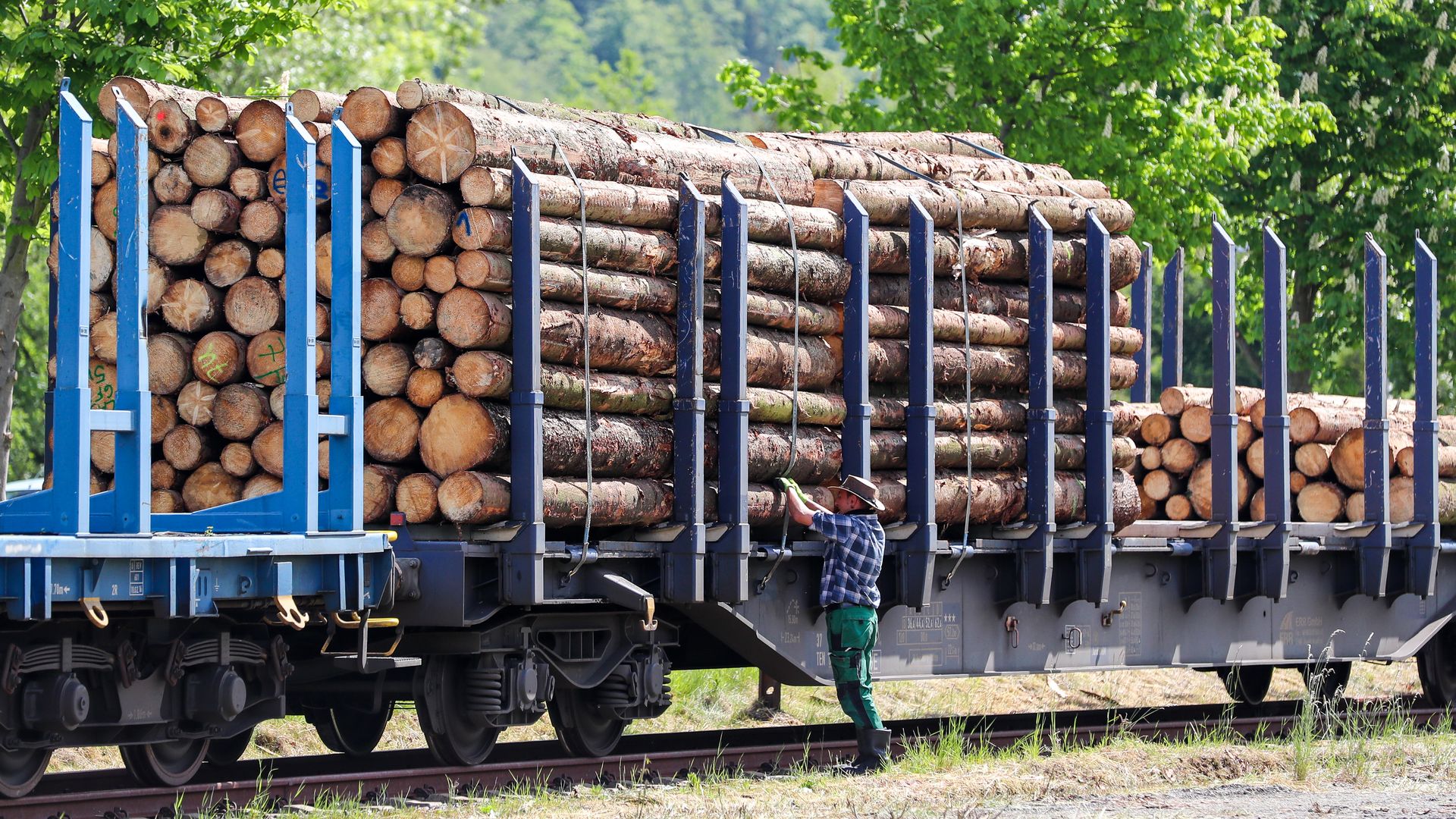Jun 24, 2020 - Health
Scientists say deforestation could worsen pandemic
Add Axios as your preferred source to
see more of our stories on Google.

Photo: Jan Woitas/picture alliance via Getty Images
Add Axios as your preferred source to
see more of our stories on Google.

Photo: Jan Woitas/picture alliance via Getty Images